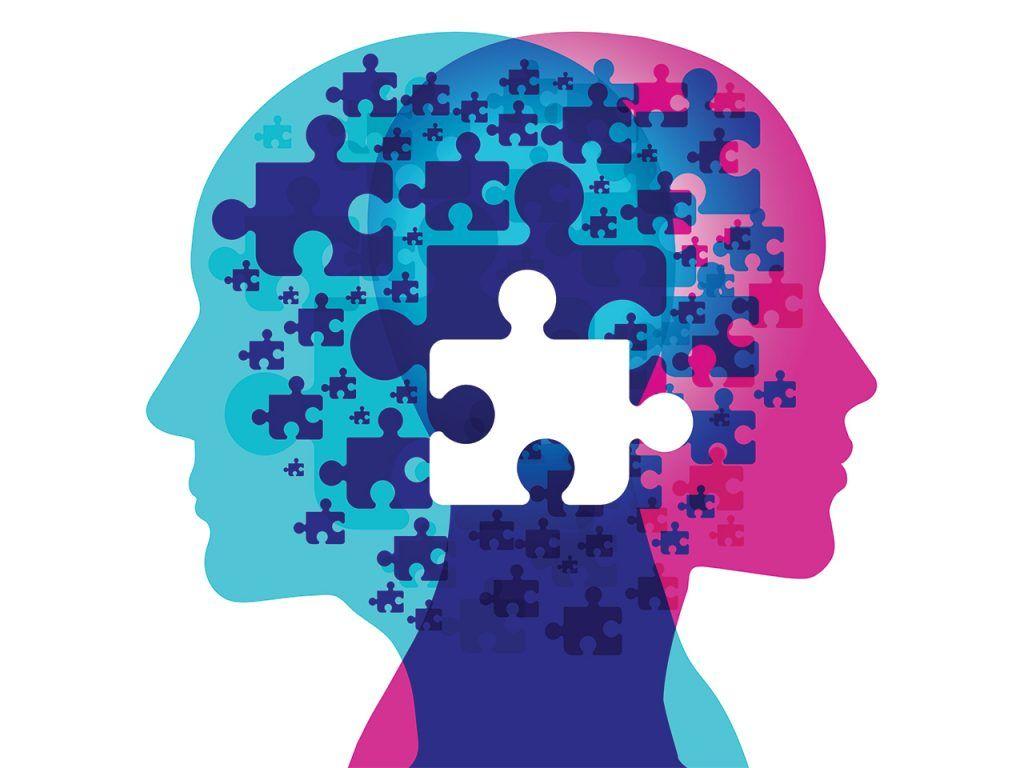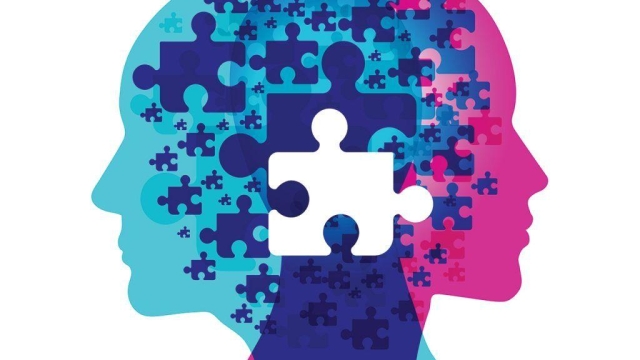
In recent years, the importance of mental health has gained significant recognition within the broader healthcare landscape. As society becomes more aware of the intricate connection between mental and physical well-being, mental health counseling has emerged as a crucial component of comprehensive healthcare. Individuals seeking support are often confronted with various challenges, from anxiety and depression to stress and trauma, indicating a need for professional guidance to navigate these complex emotions.
Mental health counseling plays a vital role in addressing these concerns, promoting resilience, and enhancing overall quality of life. By providing a safe space for individuals to explore their thoughts and feelings, counselors serve as invaluable allies in the journey toward emotional stability. As healthcare systems increasingly integrate mental health services, the collaboration between mental health professionals and other healthcare providers is essential for fostering holistic approaches that prioritize the interconnectedness of mind and body.
Understanding Mental Health Counseling
Mental health counseling is a professional partnership between a trained counselor and an individual seeking assistance in navigating emotional and psychological challenges. These counselors provide support in various areas, including anxiety, depression, trauma, and stress management, among others. Through active listening and tailored interventions, they help clients explore their thoughts and feelings, leading to greater self-awareness and personal growth.
In the context of healthcare, mental health counseling plays a vital role in the overall well-being of individuals. Many physical health issues can be exacerbated by mental health conditions, making it crucial for healthcare providers to incorporate mental health counseling into their practice. This integration allows for a holistic approach to health, addressing both the mind and body, which can lead to improved treatment outcomes and enhanced quality of life for patients.
Effective mental health counseling typically employs various evidence-based techniques tailored to the individual’s specific needs. These may include cognitive-behavioral therapy, mindfulness practices, and solution-focused approaches. By equipping clients with coping strategies and problem-solving skills, counselors empower them to manage their mental health proactively and foster resilience in the face of life’s challenges.
The Impact of Counseling on Patient Care
Mental health counseling significantly enhances patient care by providing individuals with the tools and coping strategies necessary to navigate their challenges. When patients receive counseling, they are better equipped to manage their mental health symptoms, leading to improved overall wellbeing. This support creates an environment where patients feel understood and empowered, fostering a sense of agency in their care journey. The integration of counseling into healthcare encourages a holistic approach, addressing not just the physical aspects of health, but also the emotional and psychological needs of patients.
In addition, mental health counseling plays a vital role in reducing overall healthcare costs. By addressing mental health issues early on, patients are less likely to experience severe complications that require more intensive and expensive interventions. Counseling serves as a preventative measure, enabling individuals to maintain healthier lifestyles and avoid the need for emergency care. This proactive approach benefits both patients and healthcare systems, making mental health counseling an essential component of efficient care delivery.
Furthermore, the therapeutic relationship established between counselors and patients is crucial in fostering trust and openness. This bond allows for effective communication, encouraging patients to express their feelings and concerns freely. As a result, healthcare providers can develop more personalized care plans that cater to the unique needs of each patient. By prioritizing mental health counseling within the healthcare framework, providers can ultimately enhance patient engagement and satisfaction, leading to better health outcomes.
Integrating Counseling in Healthcare Systems
Integrating mental health counseling into healthcare systems is essential for providing comprehensive care to patients. When mental health professionals work alongside primary care providers, it fosters an environment where both physical and emotional well-being are prioritized. This collaboration can lead to early identification of mental health issues, ultimately improving patient outcomes. By embedding counselors within healthcare settings, patients receive immediate access to support, reducing barriers to service and destigmatizing the process of seeking help.
Moreover, training healthcare providers to recognize the importance of mental health can enhance the overall quality of care. With increased awareness, physicians and nurses can refer patients to counseling services more effectively, ensuring that mental health is not an afterthought but an integral part of treatment plans. This holistic approach encourages a continuum of care, where mental health counseling is seamlessly combined with physical health treatments, addressing the complete spectrum of a patient’s health needs.
Finally, the integration of mental health counseling into healthcare systems can lead to improved resource allocation and efficiency. By streamlining services and minimizing the separation between mental and physical health, healthcare providers can reduce costs associated with untreated mental health conditions. This integration not only benefits patients but also supports healthcare systems in delivering more effective, patient-centered care, ultimately enhancing the overall health landscape.
Future Directions in Mental Health Counseling
As the landscape of healthcare continues to evolve, mental health counseling is poised to undergo significant transformations. One promising direction is the integration of technology into therapeutic practices. Teletherapy and online counseling platforms have made mental health services more accessible, allowing individuals in remote areas or those with mobility issues to receive support. The incorporation of artificial intelligence and apps designed for self-care may also enhance traditional counseling methods, offering real-time support and interactive tools to patients.
Another critical focus for the future of mental health counseling is the emphasis on holistic and culturally competent care. Mental health practitioners are increasingly recognizing the importance of addressing social determinants of health and tailoring interventions to fit diverse cultural backgrounds. This approach not only enhances the therapeutic alliance between counselors and clients but also improves health outcomes by ensuring that treatment respects and incorporates clients’ cultural identities and experiences.
Finally, there is growing recognition of the necessity for mental health counseling within integrated healthcare systems. Collaborative care models, where mental health professionals work alongside primary care providers, allow for early detection and intervention of mental health issues. By creating a more cohesive healthcare environment, counselors can play a vital role in promoting overall well-being, reducing stigma, and encouraging individuals to seek the help they need. This integration is vital for addressing the mental health crisis and ensuring comprehensive healthcare for all.
